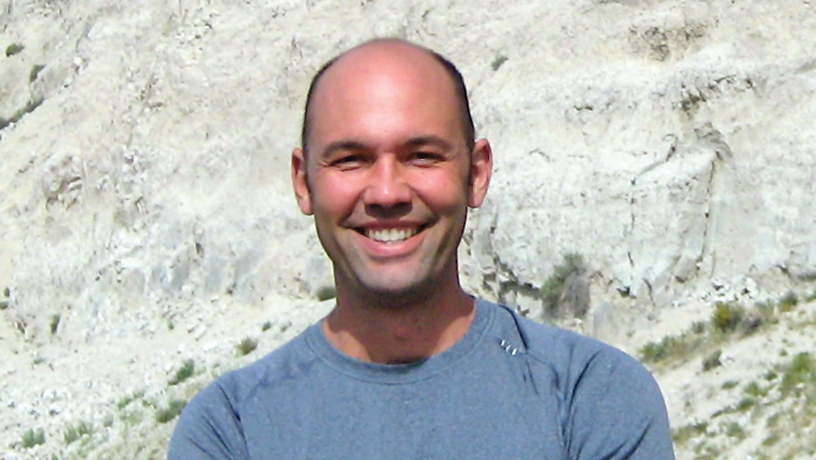Game Theory, Blockchain Expert Tim Roughgarden Elected as ACM Fellow
The ACM recognizes fellows for their transformative contributions to computing science and technology.

The Association for Computing Machinery (ACM) has elected Columbia Engineering Computer Science Professor Tim Roughgarden as an ACM fellow, recognizing his outstanding contributions to the field of computer science and algorithmic game theory.
Roughgarden, a leading expert in algorithms, game theory, and theoretical computer science, has consistently demonstrated excellence in research, education, and leadership throughout his career. Much of his research focuses on the game-theoretic and economic analysis of fundamental computer science applications. His research career began with the paper How Bad is Selfish Routing? on the price of anarchy of selfish routing, which measures the worst-possible inefficiency caused by strategic behavior in communication and traffic networks. The paper has garnered multiple awards, including a Test of Time Award at the 2020 Foundations of Computer Science (FOCS) conference. In the years since, his research has influenced many different application domains, including auction and mechanism design, machine learning, contract design, and blockchain protocols and their applications.
This recognition underscores his exceptional achievements, innovation, and influence within the global computing community. His many accolades include the Presidential Early Career Award for Scientists and Engineers (PECASE), the EATCS-SIGACT Gödel Prize, and a Guggenheim Fellowship. He has written or edited numerous books and monographs, including Twenty Lectures on Algorithmic Game Theory, Beyond the Worst-Case Analysis of Algorithms, and the Algorithms Illuminated book series.
Roughgarden joined Columbia Engineering in 2019 as a professor of computer science and a member of the Data Science Institute. He is also the founding head of research at a16z crypto. Prior to Columbia, he spent 15 years on the computer science faculty at Stanford, following a PhD at Cornell and a postdoc at UC Berkeley. His research interests include the many connections between computer science and economics, and the design, analysis, applications, and limitations of algorithms.
This honor is reserved for one percent of ACM members who have made a significant impact in the computing community. The 2023 class of fellows comprise 68 members whose expertise span AI technologies, graphics, cybersecurity, mobile computing, and software. The induction of the ACM fellows will be held June 22, 2024, at the ACM Awards Banquet in San Francisco, CA.
